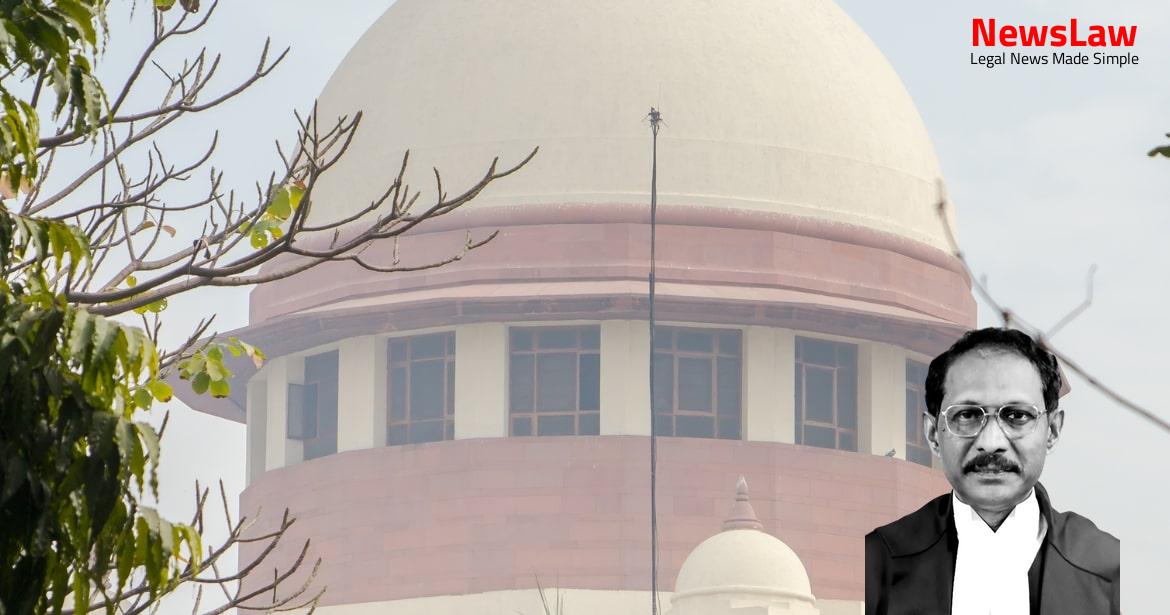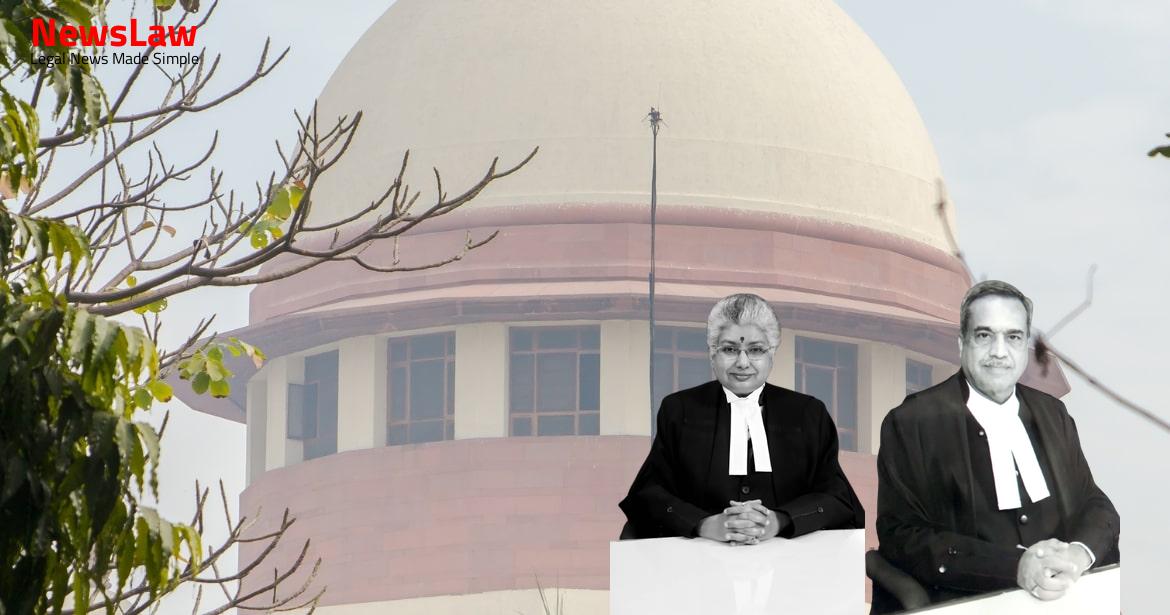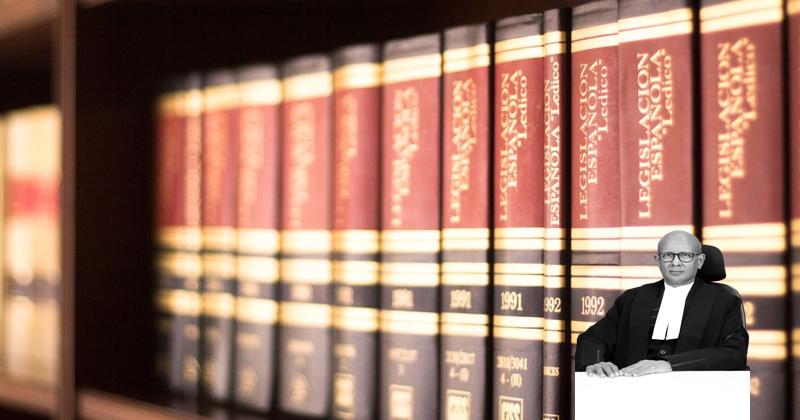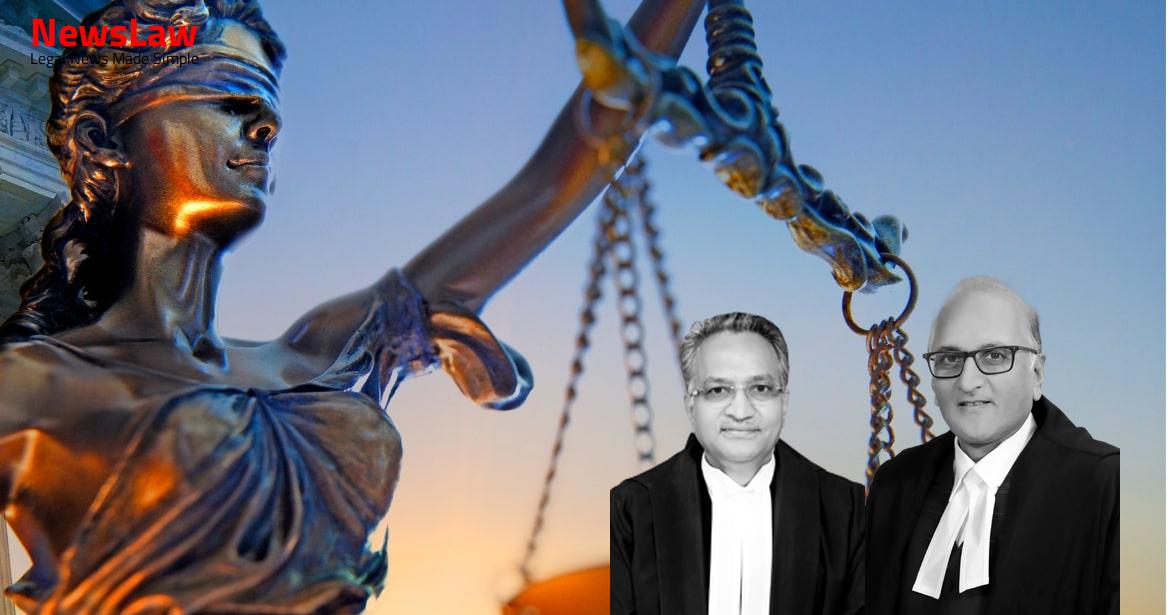No.276 of 1996 who was the defendant in Civil Suit
Also Read: https://newslaw.in/case-type/civil/regularization-of-village-level-workers-in-tamil-nadu/
No 70 of 1988 on the file of Subordinate Judge’s Court, Kullu in Himachal Pradesh, is the original appellant in these appeals by special leave.
Nonetheless, the First Appellate Court modified the judgment and decree holding that the plaintiff/respondent herein is not entitled to recovery possession of 11 Biswancies of land after demolition of the structures put up thereon based on the principles of acquiescence. As per the impugned judgment dated 27.12.2007, the High Court allowed the Second Appeal and set aside the judgment and decree of the First Appellate Court for compulsorily recovery of possession and the judgment and decree of the Trial Court dated 18.01.1992 for demolition and handing over of the possession of the encroached land was restored.
, Ram Prakash Sharma v.
In short, for the foregoing reasons, the scope of consideration in these appeals is to be confined to the question whether the reversal by the High Court of the modification effected by the First Appellate Court warrants interference in exercise of power under Article 136 of the Constitution of India. Noticeably, the appellants assail the reversal of the modification of the judgment and decree passed by the First Appellate Court and attempting to sustain the modification based on contentions founded on the principle of estoppel and relying upon Section 51 of the TP Act. —When the transferee of immoveable property makes any improvement on the property, believing in good faith that he is absolutely entitled thereto, and he is subsequently evicted there from by any person having a better title, the transferee has a right to require the person causing the eviction either to have the value of the improvement estimated and paid or secured to the transferee, or to sell his interest in the property to the transferee at the then market value thereof irrespective of the value of such improvement. Thus, a bare perusal of Section 51, TP Act would reveal that in order to acquire the ‘right to require’ in the manner provided thereunder one should be a ‘transferee’ within the meaning of the TP Act and for the purpose of the said section. “That the Hon’ble High Court has committed a serious error in holding that estoppel, waiver is averments in written statement specifically state all the facts leading to estoppel.
That the petitioner was under bona fide belief that he has constructed on its own land and the construction raised by the petitioner is protected by virtue of Section 51 of TP Act.
At the same time, in the case on hand, the concurrent findings of the courts below is that the respondent herein is the owner of the land in question and the original appellants had encroached upon it and effected construction. The appellants, rightly, did not take up the plea of adverse possession and in the circumstances, being not a transferee for the purpose of Section 51 TP Act, he cannot legally require the respondent either to pay the value of improvements and take back the land or to sell out the land to him at the market value of the property, irrespective of the value of the improvements.
…
No doubt, no issue was framed, and the one, which was framed, could have been more elaborate; but since the parties went to trial fully knowing the rival case and led all the evidence not only in support of their contentions but in refutation of those of the other side, it cannot be said that the absence of an issue was fatal to the case, or that there was that mistrial which vitiates proceedings.
Also Read: https://newslaw.in/case-type/civil/judgment-on-execution-of-lease-deed-for-remaining-land/
Kalpana Mukherjee, while considering Section 115 of the Evidence Act, this Court held that four salient conditions are to be satisfied before invoking the rule of estoppel. After holding so, it was further held that the doctrine of estoppel would apply only when, based on a representation by the first party, the second party alters his position, in such manner, that it would be unfair to restore the initial position. The appellant has also relied on the decision of this Court in
Case Title: BAINI PRASAD (D) THR. LRS. Vs. DURGA DEVI (2023 INSC 95)
Case Number: C.A. No.-006182-006183 / 2009



